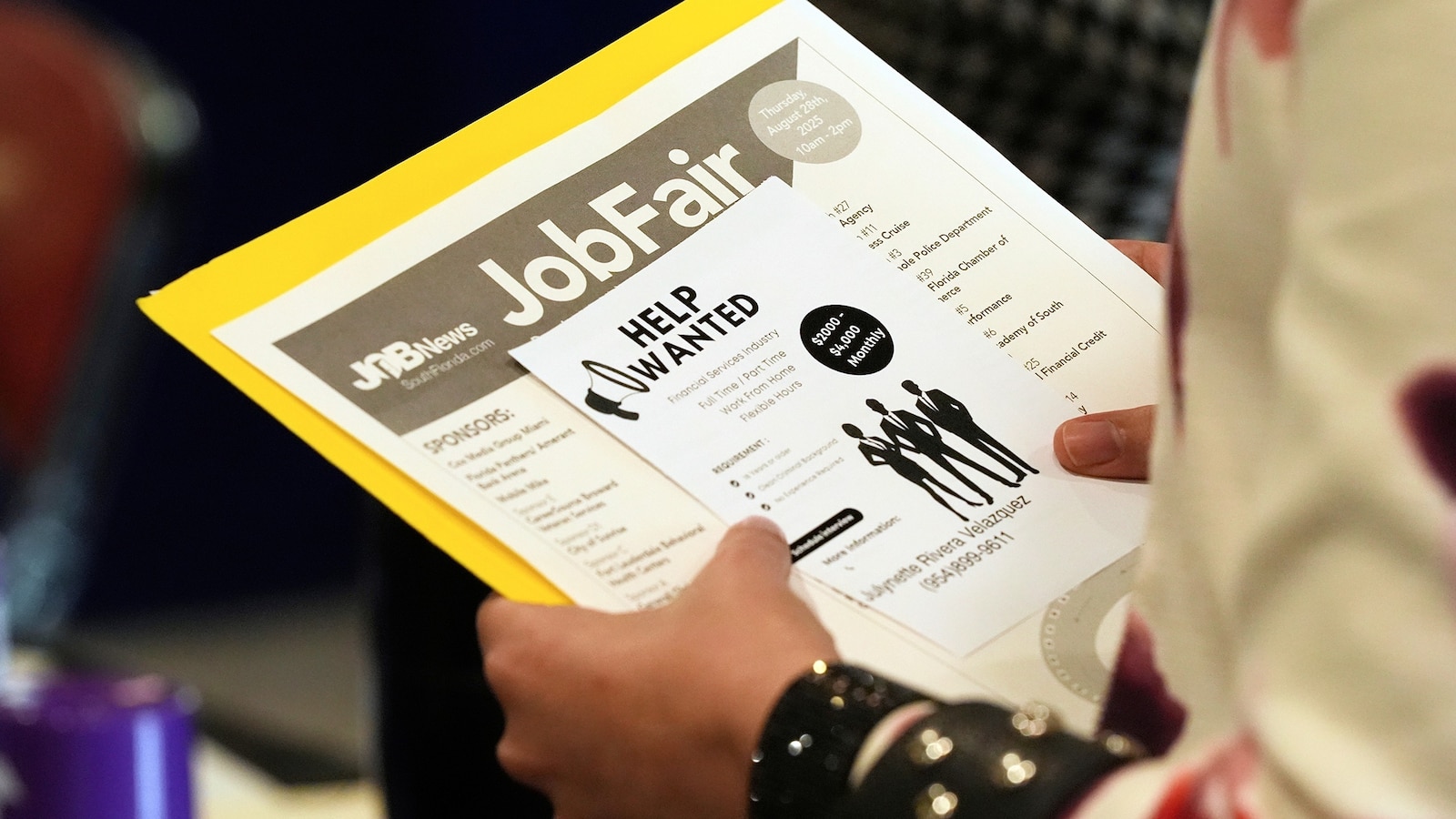Trump’s $100,000 H1-B Visa Fee Sparks Widespread Confusion, Tech Industry Alarm
Trump’s $100,000 H1-B Visa Fee Sparks Widespread Confusion, Tech Industry Alarm

The U.S. tech industry is grappling with widespread confusion and alarm following President Donald Trump’s executive order imposing a staggering $100,000 fee on H1-B visa applications. Signed on September 19, 2025, and effective September 21, the order aims to prioritize American jobs, but experts warn it could severely damage the nation’s tech economy and its ability to attract top international talent.
The new six-figure charge, intended for first-time H1-B applicants, has created immediate disarray. Commerce Secretary Howard Lutnick initially indicated the fee would apply to both renewals and new applications, leading to frantic responses from companies and foreign employees. Immigration experts, however, point to discrepancies between Lutnick’s public statements and the actual executive order, which specifies the fee is a one-time charge for first-time applicants. This inconsistency prompted H1-B holders overseas to rush back to the U.S. amid uncertainty about their legal status.
Stuart Anderson, executive director of the National Foundation for American Policy, highlighted that over half of billion-dollar startups have at least one immigrant co-founder, contributing significantly to American job creation. He, along with other analysts, believes the new fee will make it exceedingly difficult for tech firms to expand U.S. operations and deter highly skilled foreign workers from choosing America.
Greg Morrisett, dean of Cornell Tech, underscored that while large tech companies like Amazon, Microsoft, and Google might weather the storm, the fee is “devastating for the start-up world.” He cautioned that this move could push both talent and companies to expand internationally, directly contradicting the administration’s stated goals.
Legal challenges to the executive order are highly anticipated. Jeremy Robbins, executive director of the American Immigration Council, noted that federal law typically restricts USCIS fees to processing costs, making the president’s authority to levy such a substantial charge for other purposes legally questionable. Previous attempts by the Trump administration to limit H1-B visas have faced judicial roadblocks.
The ripple effects are already being felt. International students at institutions like Cornell Tech are rethinking their future job prospects in the U.S., fearing that the combined impact of the new fee and broader anti-immigration rhetoric is sending a clear message: “We don’t want you in the United States.” Experts agree that while H1-B reform is needed, the current administration’s approach risks undermining a program vital to the growth and dominance of the American tech industry.
Disclaimer: This content is aggregated from public sources online. Please verify information independently. If you believe your rights have been infringed, contact us for removal.